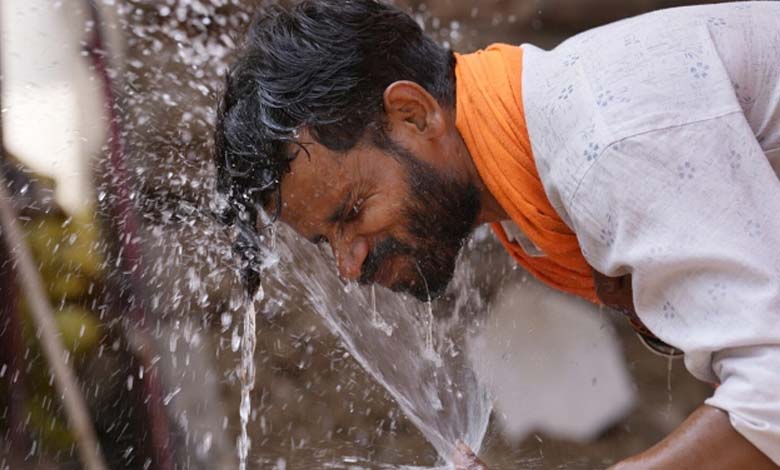In One Day, Extreme Heat Kills 14 Indians in Bihar

At least 14 people lost their lives in one day this week in the Indian state of Bihar (south) due to extreme heat, according to a government statement released on Friday, after most parts of the country experienced an unusual rise in temperatures.
According to AFP, the Disaster Management Authority in Bihar stated: “As per information received so far, 14 people have died in total… due to heatstroke.”
India is experiencing a heatwave, with temperatures exceeding 45 degrees Celsius in several cities. Except for Bihar, the authorities have not released a nationwide death toll.
The Supreme Court of Rajasthan (west), which recorded the highest temperatures in recent days, stated that the authorities had not taken appropriate measures to protect people from the heat.
On Thursday, before the announcement of the deaths in Bihar, the court stated that “due to extreme weather phenomena in the form of heatwaves, hundreds of people have died this month.”
It urged the government to declare a national emergency.
The court requested the state government to establish a compensation fund for the relatives of those who died due to the heat.
-
How does climate change affect the acidity of the Southern Ocean?
-
Reports and Observers Reveal the Impact of Climate Change on the World
Among the deceased in Bihar were 10 election workers preparing for the final day of the elections on Saturday, in a six-week-long poll, according to a memo from the state’s Disaster Management Center.
Temperatures rise significantly in the summer in India, but researchers have noted that climate change has led to longer, more frequent, and more intense heatwaves.
-
Affecting Billions of People: Study predicts the “Worst-Case Scenario” for Climate Change
-
Environmental Concern… Can Climate Change Make You Depressed?
With rising temperatures this week in New Delhi, energy consumption in the city of nearly 30 million people hit a record high on Wednesday.
Researchers say that climate change caused by human activity has devastating consequences in India and should be seen as a warning.












